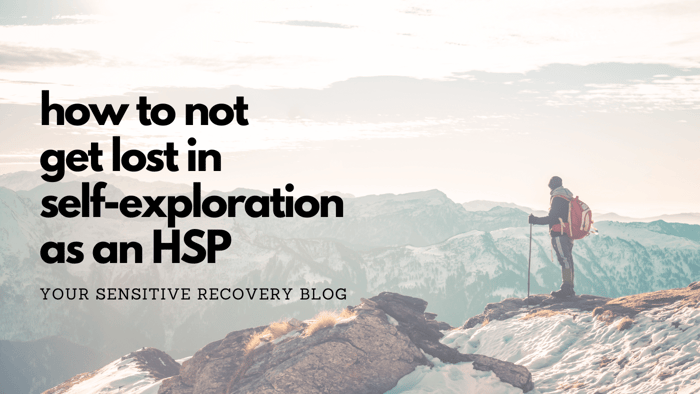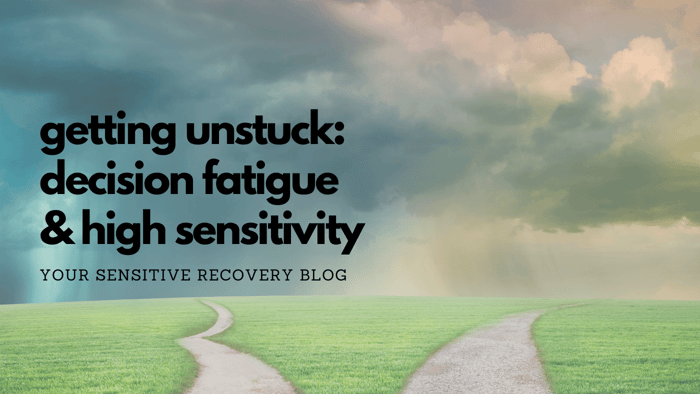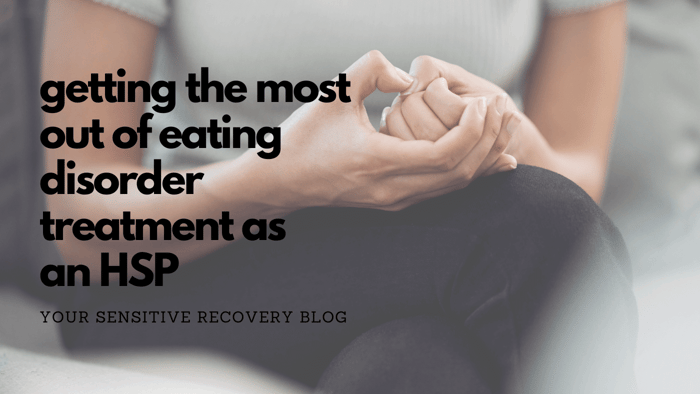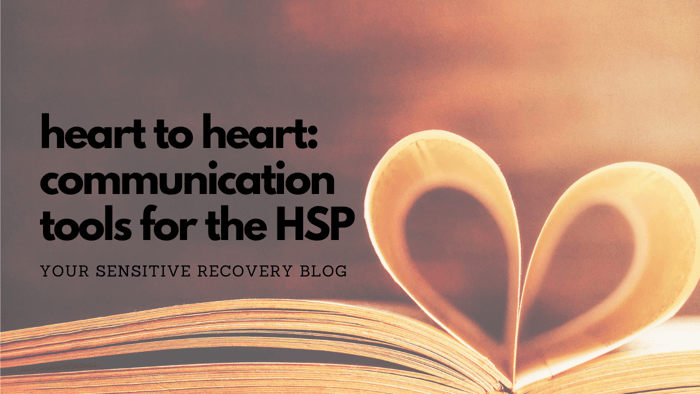If not done mindfully, self-exploration can leave Highly Sensitive People depleted and confused. Have you ever found yourself thinking so deeply about something you said or felt that you ended up going down 18 different rabbit holes and forgetting what you were thinking about in the first place?
You're not alone.
Many of us HSPs can get lost in self-analysis because of how deeply we process everything. Yet, it's so important!
Self-exploration empowers us to create a meaningful life that supports our ever-evolving needs and desires, connects us to our values, and promotes safe and loving relationships.
Let's explore the 3 guideposts for HSPs that will help you mindfully engage in self-exploration without getting lost.
Ready? Grab your compass!
Guidepost 1: Calm
Self-exploration from a place of dysregulation will almost always go askew. That's why that first of the guideposts is calm. It is so worth taking time to get your body and mind grounded in the here and now and to enter into your window of tolerance as much as possible.
In no way do I mean that you can't have emotions when you go mind-spelunking. Some of us naturally operate at a somewhat heightened frequency, and that's ok. It's the intention of regulation that's most important.
In our window of tolerance, our thoughts are clearer and we're more flexible with our perspectives.
If you're angry, for example, take a few minutes to acknowledge and validate the anger. You may feel that you want to safely release it from your body with the Clench and Relax technique, or a short sprint down the block and back. When you're ready, set the intention to hold space for the anger while you introduce some calming diaphragmatic breaths. It's an "and" practice, not one or the other.
Guidepost 2: Curious
In a more regulated space, we can now move on to the second guidepost of this journey: our curiosity. A naturally inquisitive nature, as many Highly Sensitive People possess, propels us to consistently explore our thoughts, feelings, and motivations. This is great!
And what makes it better is curiosity with a beginner's mindset leading us to deeper self-awareness. Using this mindset, we can avoid the traps of been-there-done-that thinking that protects us from feeling vulnerable and keeps us from important discoveries. We are constantly adapting and evolving, and curiosity lets us actually recognize this.
By approaching ourselves with open curiosity, we can remain receptive to new insights that we may otherwise miss.
Curiosity helps build resilience as well. When we're curious, we're more likely to view setbacks and failures as opportunities for growth rather than impassable roadblocks.
Try getting curious about what thoughts fuel your emotions. Notice where you feel an emotion in your body. Look at how certain patterns of thinking could play a role in a situation. Consider how a loved one would respond in your shoes. These are all ways to practice curiosity.
Guidepost 3: Compassionate
We won't get far with curiosity unless it's done with compassion, primarily with the intention to be non-judgmental of whatever we discover.
Do we have to like what we find? No. But being willing to accept it with grace will go a long way.
Compassion involves treating ourselves with the same kindness and understanding that we offer to others. When we approach self-discovery from a compassionate stance, we create the kind of nurturing environment that we need for self-acceptance.
And this is a must if we hope to change and grow.
Compassion during self-exploration extends beyond ourselves; it also builds empathy and deepens our understanding of others. This fosters stronger connections and enriches our relationships, creating an ideal environment for mutual growth and support.
Onward, ho!
As you embark on your journey of self-exploration, remember the 3 c's: Calm, Curious, and Compassionate. Be open to what you learn, embrace every shimmer and every shadow, and you'll soon discover the transformative power of looking within.
And because it just so happened this way, let's throw in one final c - courage.
Go with courage, dear explorers! 💕
✨ Josie Munroe, LMFT is a licensed therapist and owner of JosieMunroe.com and Your Sensitive Recovery As a recovered clinician and Highly Sensitive Person, she loves supporting others on their journeys to form new, empowered relationships with food, their bodies, and their sensitivity. Join the newsletter for a weekly boost of hope and inspiration. You deserve a recovery that works for you! ✨





